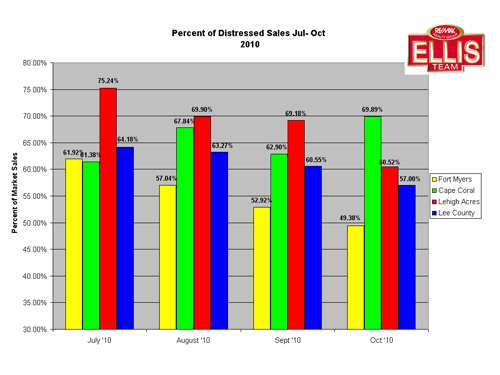On April 17 rates are going up. How do we know the date? We know because that’s the date fees change under guidelines designed to attract private money into the lending system and reduce or eliminate FNMA, GNMA, and Freddie Mac, the three quasi-governmental agencies that insure mortgages and bundle them for securitization. They’re not really governmental, but they might as well be as the government has funded them until now. They are private companies that pay investors profit, but tax payer funded when they lose money, so something had to change.
Big Changes Coming in Mortgage Market

So what is changing? First off, rates are going up. This will increase yields, which will attract banks, hedge funds, and other large sources of capital into the market. Large companies will actually compete to make more of this money. A lot of money has been bottled up sitting on the sidelines and this may be the conduit to free up that money.
When rates go up, home prices usually go down. Not so fast! In this case, prices could eventually rise. Many ask how this could be. The answer is complicated, but noteworthy, so we’ll do our best to explain.
Under the new guidelines to get the best priced loans, borrowers will have to put more down. The old 20% down will now be 30% down. However, credit scores will also be lowered for qualifying. Imagine many of those people that sold via short sale being told they wouldn’t qualify by FNMA for 5 years. It turns out they may be eligible after just 12 months under certain conditions.
While rates may go from 4 7/8% today to possibly 6.5% in April, more people will qualify. We still have FHA for low down payment options. Some people are predicting another real estate boom coming sooner than later nationwide as pent-up demand for housing intensifies, and more borrowers being eligible to purchase.
Imagine having a 540 credit score and being able to purchase a home. Those days may be coming again, if you can scrape together a down payment. Home prices are artificially too low in SW Florida and are in fact below replacement cost. This has caused multiple bidding situations for prestigious properties in short supply even in the upper price ranges in certain parts. Naples and Bonita have experienced a resurgence in prices, and many feel this is bleeding north up into Estero and Fort Myers. We are currently being driven by 2nd home buyers looking for deals.
As prices get closer to replacement cost, building will begin to pickup, which will bring jobs. As the SW Florida economy grows, the real estate market could gain traction very quickly, especially with Snow Birds and existing residents qualifying sooner than expected for their next mortgage.
Keep in mind 7,000-10,000 people are retiring or entering the social security income stream everyday. Florida stands to gain from the Baby Boom generation relocating or buying 2nd homes.
Many on Wall Street are anxious to cash in on the looming change to the capital markets coming in April. In fact, Wall St is waiting like a tiger to pounce. Some are predicting a feeding frenzy for housing and rapid price gains.
Some people believe the change to FNMA and Freddie Mac will damage the markets by increasing borrowing costs and raising down payment requirements. Others believe borrowing was next to impossible anyway the last few years and banks only lent to those who really didn’t need it. I don’t know who is right, but I will say if we open the door for more people to buy, the market could recover quicker than most expect.
2011 could really be a year to watch and keep an eye on the financing markets. If Wall Street gets greedy like last time, it could be a boom for real estate. The difference is, FNMA and Freddie Mac, and the US taxpayer won’t bail out bad loans, only systemic losses due to financial meltdowns. Hopefully we’ll enjoy the next boom with no meltdown, and higher down payments will help with that. If our markets stabilize like we think they will, even low down payments won’t affect the market because the market won’t be in freefall, and we’ll be adding jobs to the economy versus losing 8 million like we’ve done the past 3 years.
Bottom line, keep an eye out for sunny days ahead in the real estate market and we just might see them sooner rather than later. And mark your calendars for April 17. This will be the beginning of something. Time will judge the ending.








